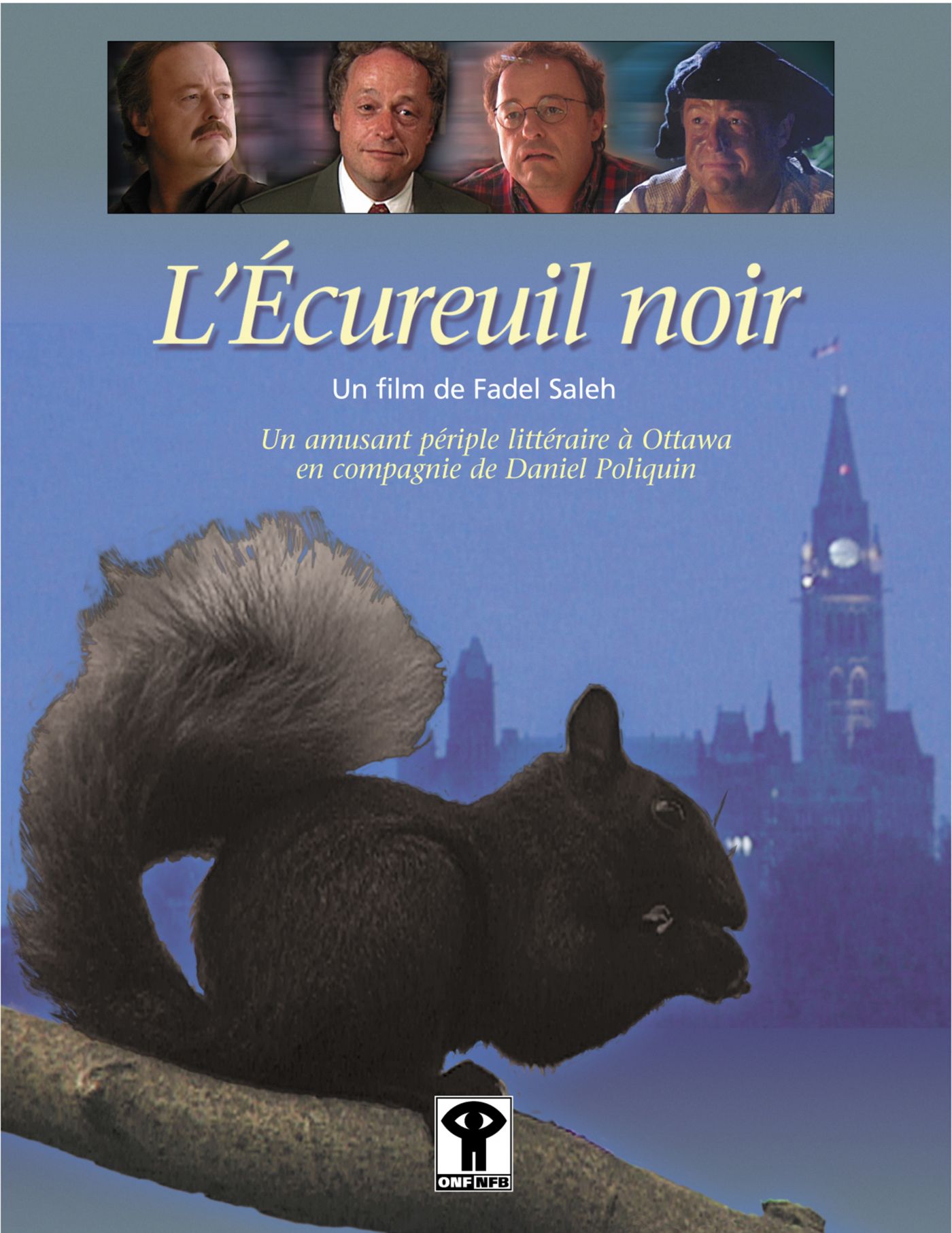The writer Daniel Poliquin finds it amusing to imagine that Ottawa’s black squirrels were originally rats threatened with extinction! In the short story “Pourquoi les écureuils d’Ottawa sont noirs?” a colony of rats meets in Sandy Hill’s Strathcona Park to discuss how best to survive. Its members agree to turn into squirrels, because this species is much more appreciated by humans. Wilfrid, the rat leader, sums up the choice they face:
To die as a rat or to live as a squirrel. To see our tribe, our children, snuffed out with no tomorrow. Or to take the lead: reincarnate ourselves immediately, reinvent ourselves into a new race, and ensure that everyone, in the measure they deserve, finds individual salvation.1
This story is central to Poliquin’s work. First published in L’Apropos magazine in 1984, the short story is later folded into Le Canon des Gobelins (1995), and lends its title to the novel Black Squirrel (1994). Jude, the main character of La Côte de Sable (originally published in 1990 under the title Visions de Jude), takes it up again, relishing in telling it to his entourage. This game Poliquin plays between stories is emblematic of his work. His characters often move between books as if they are all part of the same universe.
If the black squirrel story can be read as a metaphor for the assimilation of Franco-Ontarians, it has also become a symbol of self-determination in Poliquin’s work, demonstrating that individuals can choose their own identity and shape it to suit their needs. Identity through Daniel Poliquin’s eyes is never fixed; there are many ways of belonging to the Franco-Ontarian community, and it is up to each individual to choose the option which best suits them.
1 Daniel Poliquin, Le Canon des Gobelins, Ottawa, Éditions du Nordir, 1995, p. 65 (translated from the original).
